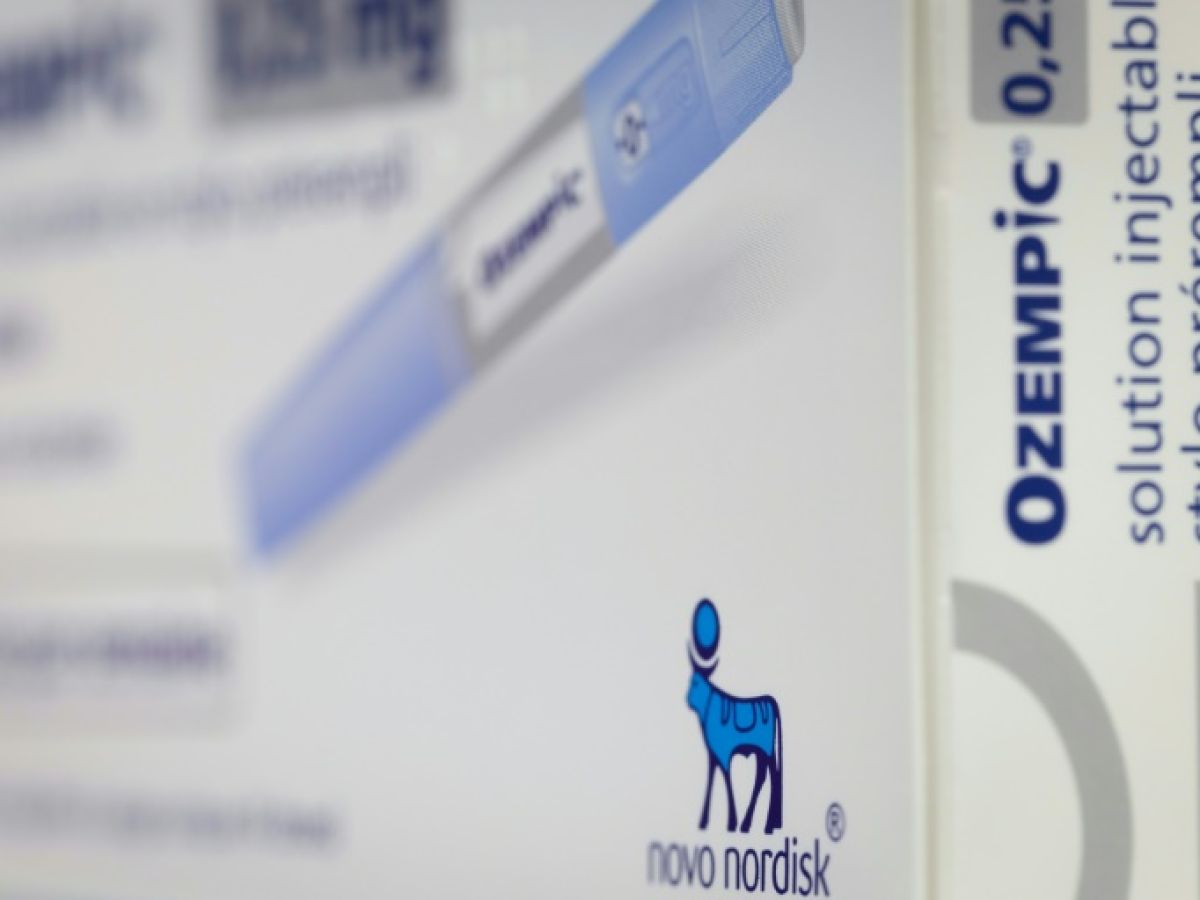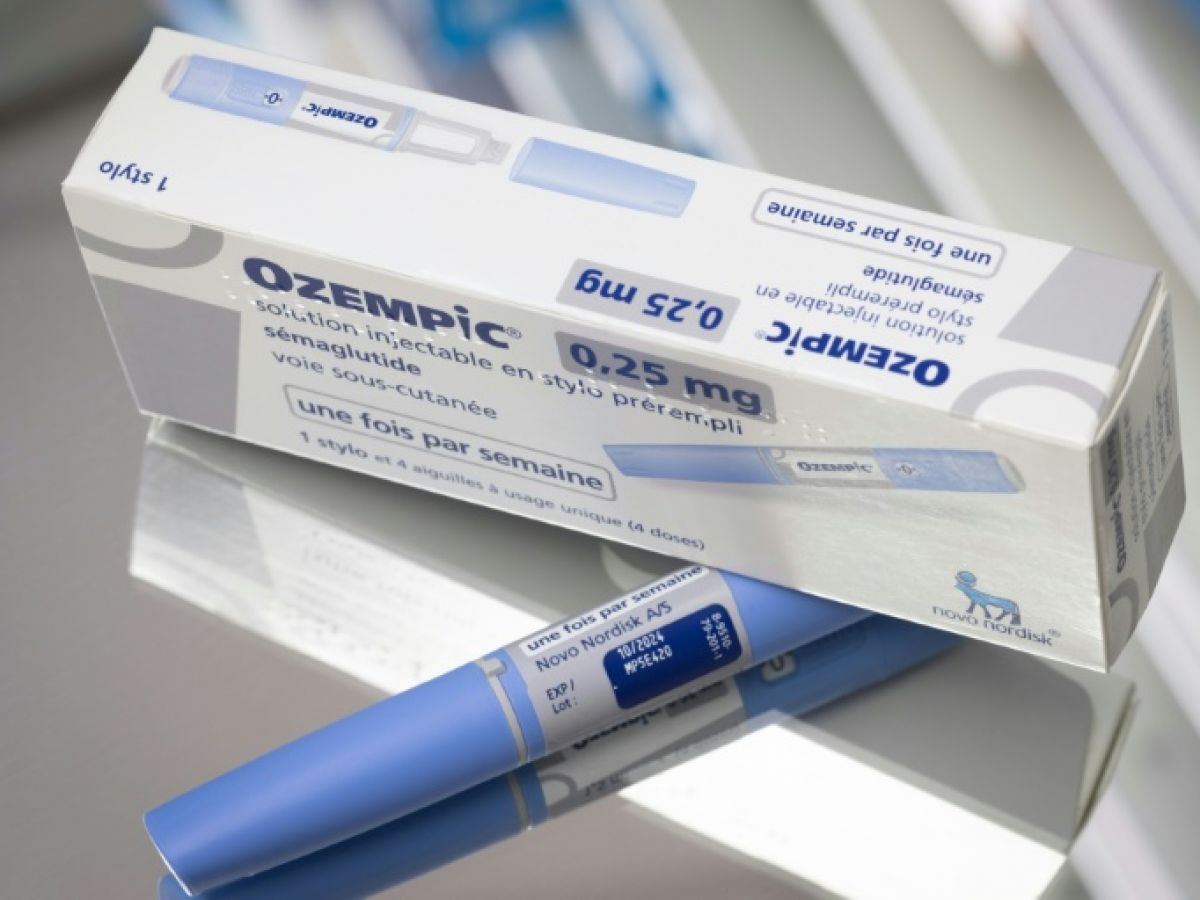An anti-obesity treatment, working on the same principle as the emblematic Ozempic, appears effective and without serious side effects in children, shows a study published Wednesday, but the interest of these results can only be confirmed by long-term follow-up.
"Liraglutide appears to be superior to placebo in changing weight and body mass index" in children ages six to 12, according to the study published in the New England Journal of Medicine, one of the leading medical journals.
Liraglutide, sold under the name Saxenda by the Danish pharmaceutical group Novo Nordisk, works on the same principle as Ozempic and Wegovy, produced by the same company from the molecule semaglutide.
Originally designed to treat diabetes, these treatments, which reproduce the action of the GLP-1 hormone by amplifying it and acting in particular on appetite, have recently appeared effective in controlling obesity.
They could constitute a therapeutic revolution, even if many researchers and doctors remain cautious while waiting for more information.
The NEJM study was based on a relatively small number of children. About 50 took liraglutide – by daily injection – and 23 others took a placebo. In both groups, a change in lifestyle – diet and physical activity – was also prescribed.
After just under a year, about half of the children taking liraglutide saw their BMI (body mass index), which measures the relationship between weight and height, drop by at least 5%. This was the case for only two children, less than one in ten, in the placebo group.
The treatment, like Ozempic or Wegovy, nevertheless causes potentially unpleasant side effects, such as nausea and vomiting, even if they do not appear dangerous.
Several researchers have hailed these results as an encouraging step in the treatment of obesity in children, for whom no treatment is currently recommended for this indication.
"It is positive to see that liraglutide is both effective and safe in children," Simon Cork, a physiology researcher at Anglia Ruskin University, told the British SMC.
However, "further studies over a longer period will be needed to ensure that the development of these children will not suffer later on as a result of having restricted their appetite," he warned.

